It would be astounding to hear someone in India say, “We give reservation to savarnas”. But someone does say that. In fact, it is in the rules of Eklavya 50, a Patna-based institute that coaches students for competitive exams. It provides free residential coaching to Dalit, Tribal, OBC and Pasmanda students who plan to write the medical and engineering admissions tests. Some savarna students have also joined the institute. This is where “reservation” comes into play – although, it is not reservation in the conventional sense of the term. It is more about providing representation to the savarnas in proportion to their population. The management probably wants to convey the message that the savarnas also have a place in this programme primarily designed for the Bahujans and that the Bahujans are for giving representation to all sections of society.
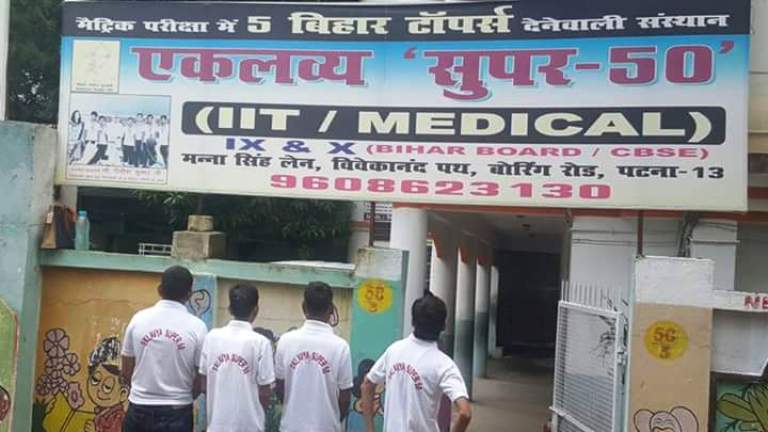
Five students in the merit list of grade 10 examinations
Eklavya Super 50 is the brainchild of Ram Babu Gupta, an IRS officer. He founded the institute in 2012 for the students of socially backward and poor communities. In the first phase, he started teaching students of Sitamarhi district in Bihar who were preparing for the grade 10 examinations. All the 50 students passed the exam with a first division despite having attended his classes for just three months. Two years later, the institute drew the attention of the state government when students of Eklavya 50 occupied the top five slots in the merit list of class 10 examinations. This chief minister was so impressed with this extraordinary success that he went to Sitamarhi to fete the students.
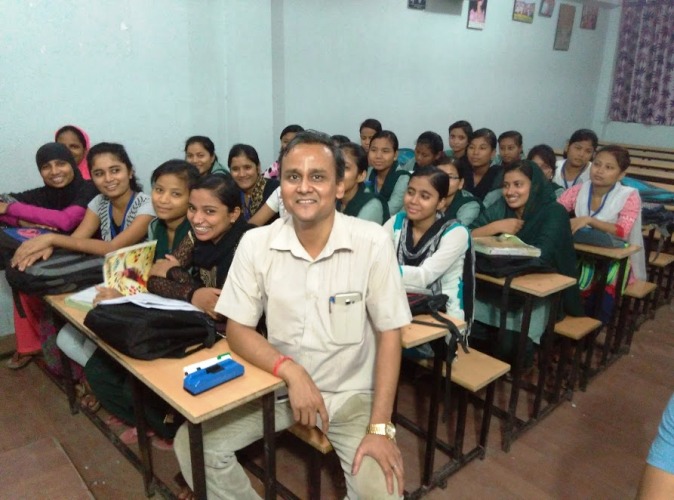
In the next phase, the institute began conducting classes for poor students of deprived communities appearing in medical and engineering admission tests. It coaches a total of 100 students in two sessions. Most of them are girls. Students from Maharashtra, Rajasthan, West Bengal and Sikkim are also living and studying here. Besides Dalit, OBC and Pasmanda students, a sizeable number of students of Tharu tribe have also taken admission in the institute. This writer happened to meet the students recently.
Social responsibility
The director of Eklavya Super 50, Ram Babu, says, “Our objective is that the students here should devote all their time and energy to studies. That is why we avoid holding functions for making the students socially aware, though we would like to do it.” But, at the same time, due to their social background, the students are very much aware their social responsibilities. Many of the girls and boys told us that after becoming doctors, they would like to serve in their village or some other village.
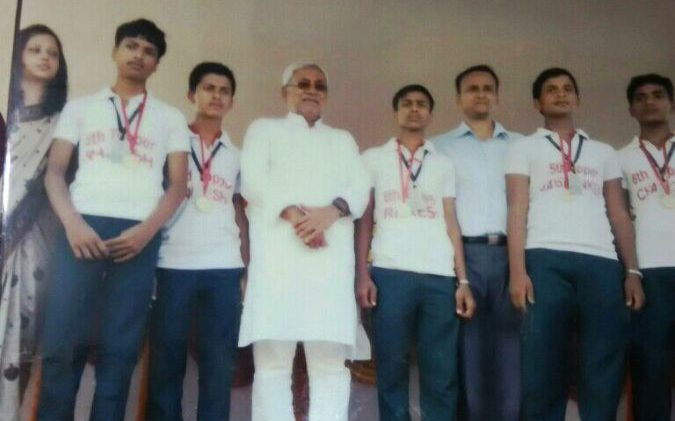
The management of the institution, which is inspired by the story of Eklavya, is also mindful of its social responsibility. The accommodation is arranged so as to break the casteist mindset of the students. The savarna students have to compulsorily live with non-savarna students.
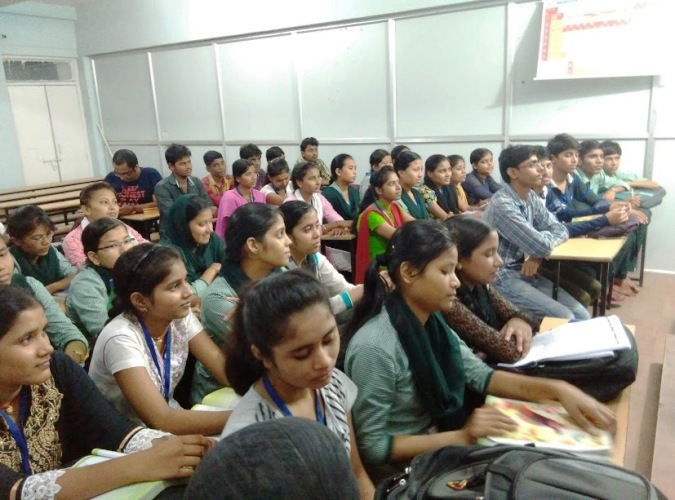
Having talked to the students, it is clear that they are completely focused on their goal and rarely, if ever, read newspapers or listen to news or indulge in any social activity. While they are aware of their social and constitutional rights and obligations, what, however, is missing are photographs or portraits of the protagonists of social justice like Mahatma Phule, Savitribai Phule, Dr Ambedkar, Birsa Munda and others. None of them find a place on the walls of the classrooms and the hostel, though the institute and its activities are based on their ideology. When this writer drew the attention of the management to this shortcoming, they promised to do something about it.
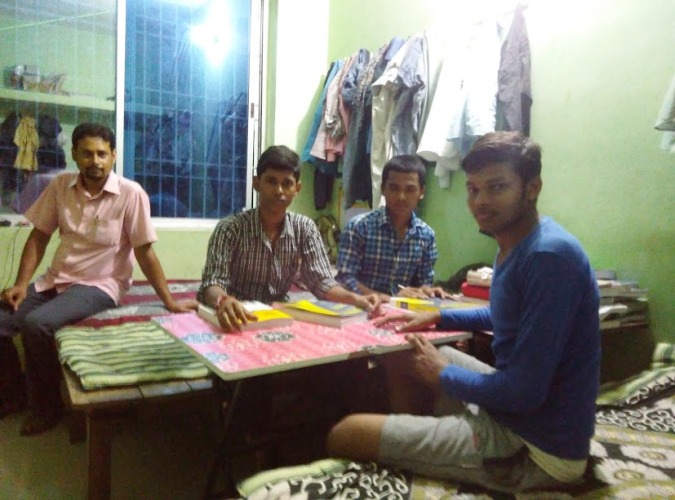
Minister joins forces
Union minister of state for human resource development Upendra Kushwaha is taking special interest in this project. At least a dozen students from his parliamentary constituency Karakat are enrolled here. Ragini Kumari is one of them. Kushwaha is the guardian of one Ragini, who is preparing for the IIT entrance examination. Ragini’s father was murdered at Nabinagar in Karakat. When Kushwaha went to meet the family, he found out that there is no one to look after the family comprising her mother and two sisters. He then decided to take the family under his wings.
Forward Press also publishes books on Bahujan issues. Forward Press Books sheds light on the widespread problems as well as the finer aspects of Bahujan (Dalit, OBC, Adivasi, Nomadic, Pasmanda) society, literature, culture and politics. Contact us for a list of FP Books’ titles and to order. Mobile: +919968527911, Email: info@forwardmagazine.in





